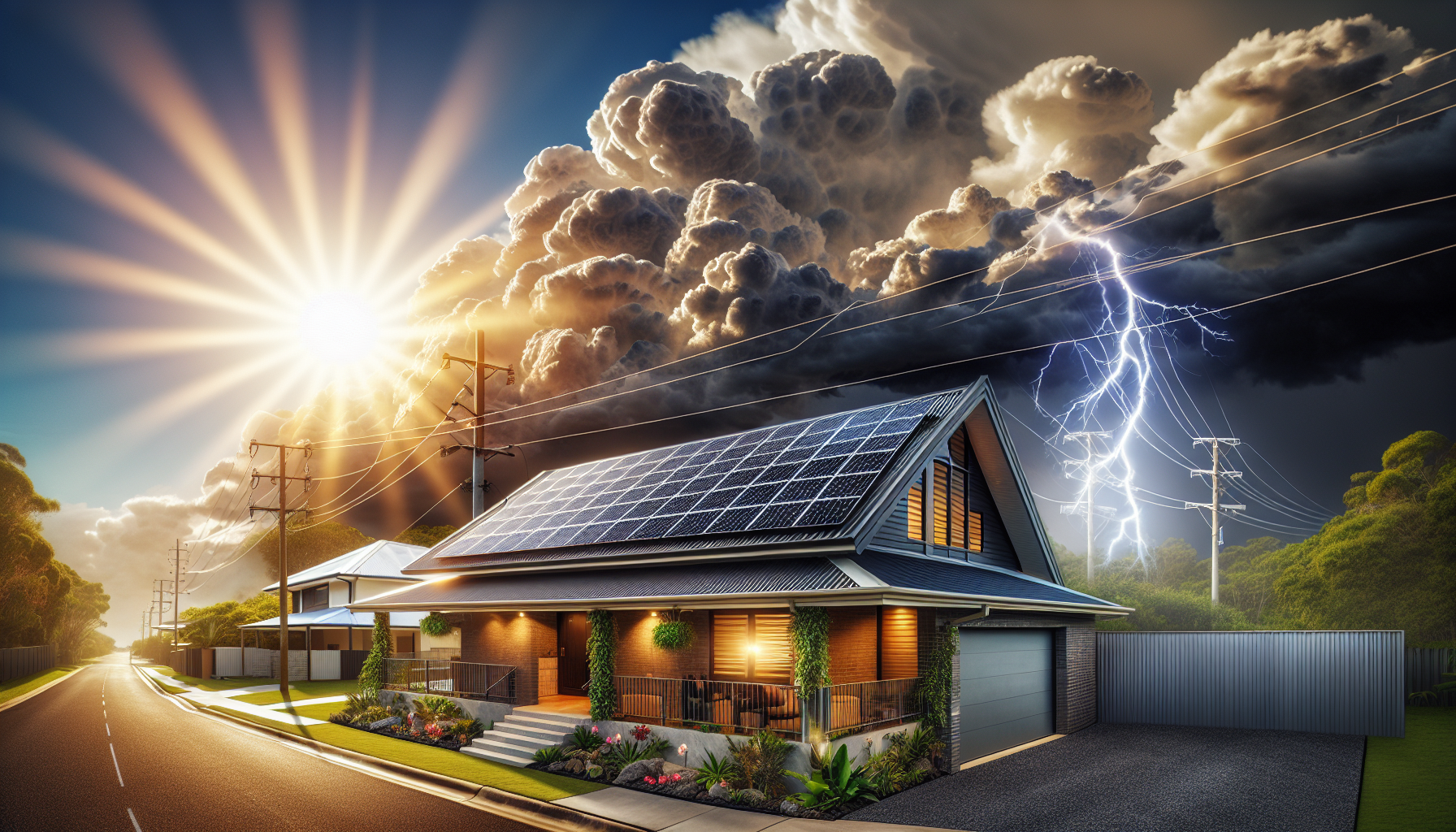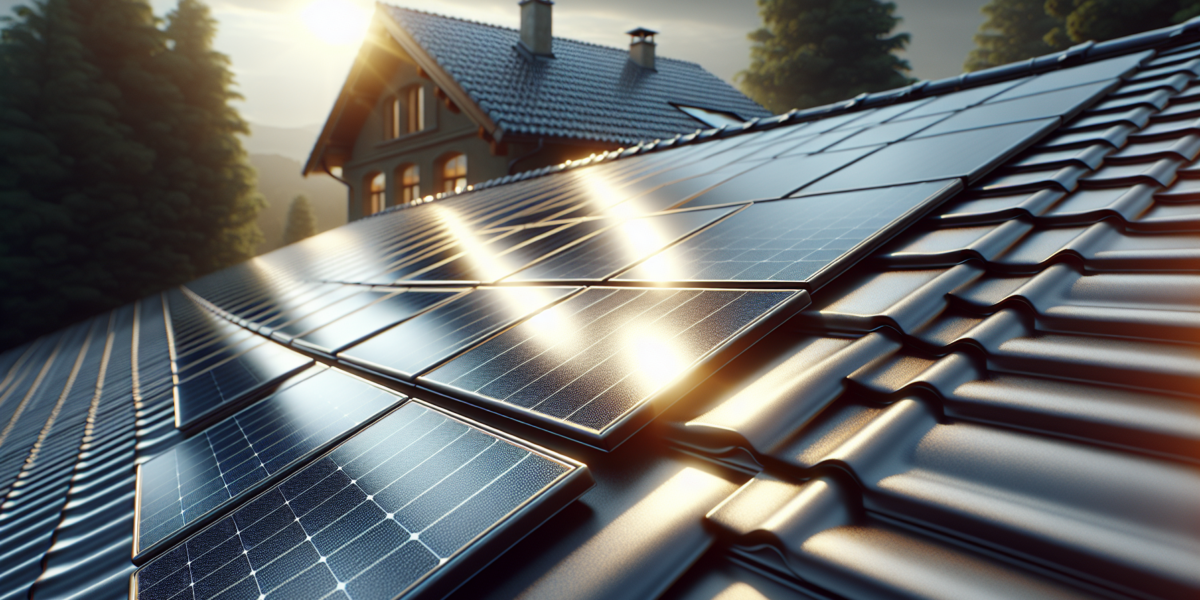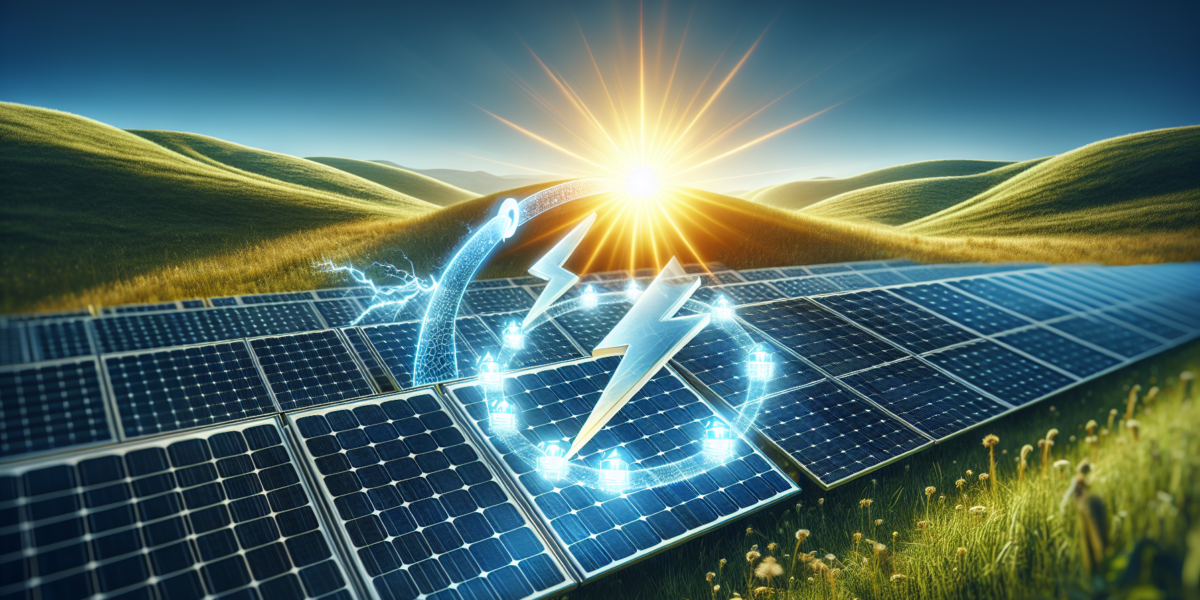As Queensland residents gear up for another storm season, it’s crucial to ensure that our homes and businesses are prepared to weather the unpredictable nature of severe weather events. With the increasing frequency and intensity of storms in the region, it’s more important than ever to consider sustainable and resilient energy solutions. In this comprehensive guide, we will explore how solar power can not only help you save on electricity bills but also provide a reliable source of energy during storm season.
Understanding Storm Season in Queensland
Queensland is known for its extreme weather conditions, especially during storm season, which typically runs from November to March. During this time, the state experiences heavy rainfall, strong winds, lightning strikes, and even cyclones. These weather events can cause power outages, leaving homes and businesses without electricity for extended periods.
The Importance of Resilient Energy Solutions
In the face of increasingly severe storms, having a resilient energy solution is crucial for ensuring that your home or business remains powered up when the grid goes down. Solar power presents a sustainable and reliable alternative to traditional grid electricity, offering peace of mind during storm season.
Benefits of Solar Power During Storm Season
- Energy Independence: With solar panels installed on your property, you can generate your own electricity and reduce your reliance on the grid. This means that even if the power goes out during a storm, you can continue to power your essential appliances and devices.
- Battery Storage: Pairing your solar panels with battery storage systems allows you to store excess energy generated during sunny days for use during inclement weather or at night. This ensures that you have a backup power supply when the grid is down.
- Grid Resilience: Solar power can help strengthen the overall resilience of the electricity grid by reducing peak demand and reliance on centralized power plants. Distributed solar systems across communities can help mitigate the impact of outages during storm season.
- Cost Savings: By harnessing the power of the sun, you can significantly reduce your electricity bills over time. With the right solar system size and configuration, you can even earn credits through feed-in tariffs by exporting excess energy back to the grid.
Preparing Your Solar Power System for Storm Season
- Regular Maintenance: Ensure that your solar panels are clean and free of debris to maximize energy production during storm season. Schedule regular inspections and maintenance checks to identify and address any issues before they escalate.
- Secure Mounting: Make sure that your solar panels are securely mounted to withstand strong winds and severe weather. Consult with a professional installer to ensure that your system is properly anchored and reinforced.
- Emergency Shutdown Procedures: Familiarize yourself with the emergency shutdown procedures for your solar power system to safely disconnect from the grid during a storm. This can help prevent damage to your system and ensure the safety of maintenance personnel.
- Backup Power Options: Consider investing in a backup generator or portable power bank to supplement your solar power system during extended outages. Having multiple sources of backup power can provide added security during storm season.
As Queensland residents brace for another storm season, embracing solar power can offer a sustainable and resilient energy solution for homes and businesses. By harnessing the power of the sun, you can not only reduce your carbon footprint but also safeguard your energy supply during inclement weather. With proper planning, maintenance, and backup options in place, you can weather the storms with confidence and peace of mind. Make the switch to solar today and empower yourself with a reliable energy source for the future.




